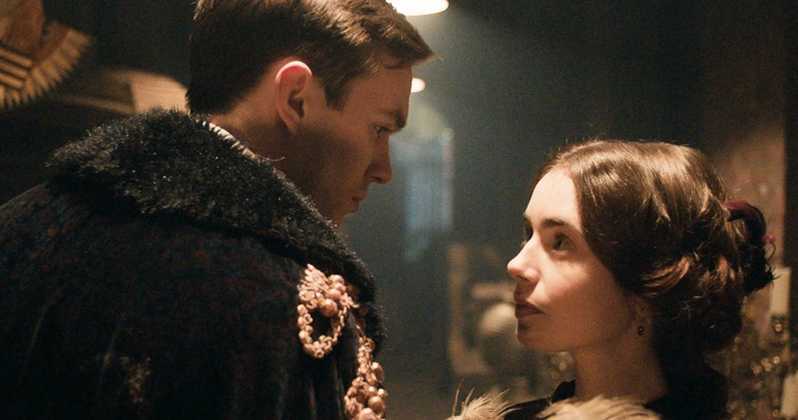Crafting literary masterworks that have stood the test of time like The Hobbit and The Lord of the Rings, J.R.R. Tolkien is credited for creating some of the most innovative and beloved lore in the fantasy genre. With that success, his life story is finally getting a big-screen treatment with Tolkien, a well-intended but ultimately hollow biopic that fails to add to Tolkien’s legacy.
Tolkien (played by Nicholas Hoult) follows the author’s life through is formative years, focusing on the strong friendships with his artistic expression club and the romance between him and fellow orphan Edith (Lilly Collins) that inspired him before being shipped off to World War I.
Tolkien sadly falls into the trappings of the biopic genre, reading more like a well-done synopsis of his life rather than a film that can actually give purpose and meaning to his actions.
Conceptually, Tolkien does have promise. Biopics are typically better when their more focused on a finite time period, with the focus on Tolkien’s early school days leading into World War I being a solid choice of focus. Getting to see where the author’s passions first sprouted has its occasional moments of inspiration and warmth. Star Nicholas Hoult does a solid job throughout, capturing Tolkien’s mannered personality while capturing the ever-beating heart at his core. From a filmmaking perspective, the execution is unremarkably solid across the board from director Dome Karukoski.
It’s a shame that Tolkien largely wastes the potential of its set-up. Writers David Gleeson and Stephen Beresford are able to capture the footnotes of the time period but do so in a paper-thin manor. The characters in this movie, even its titular subject, all feel flat and one-dimensional, lacking the intimacy to make their struggles truly connect with the audience. Everything feels rushed and disconnected, with the film’s non-chronological narrative structure failing to add much other than confusion.
Fans of Lord of the Rings will be left unsatisfied by this film’s bizarre inclusion of its mythos. Aside from a few finite moments, the film never is able to make the connection between these formative years of creativity and Tolkien’s inspired literary works. A visceral final third that paints visions of what Tolkien’s universe would be is well-executed by director Dome Karukoski, but the sequence in the context of the film makes little sense. It reads more like a forced attempt to include the iconography of LOTR than a natural narrative progression, especially considering the factual inaccuracy of this scene.
Tolkien is a serviceable effort by those involved, it’s just a letdown that film fails to give much agency or purpose to the author’s life and literary works respectively.

